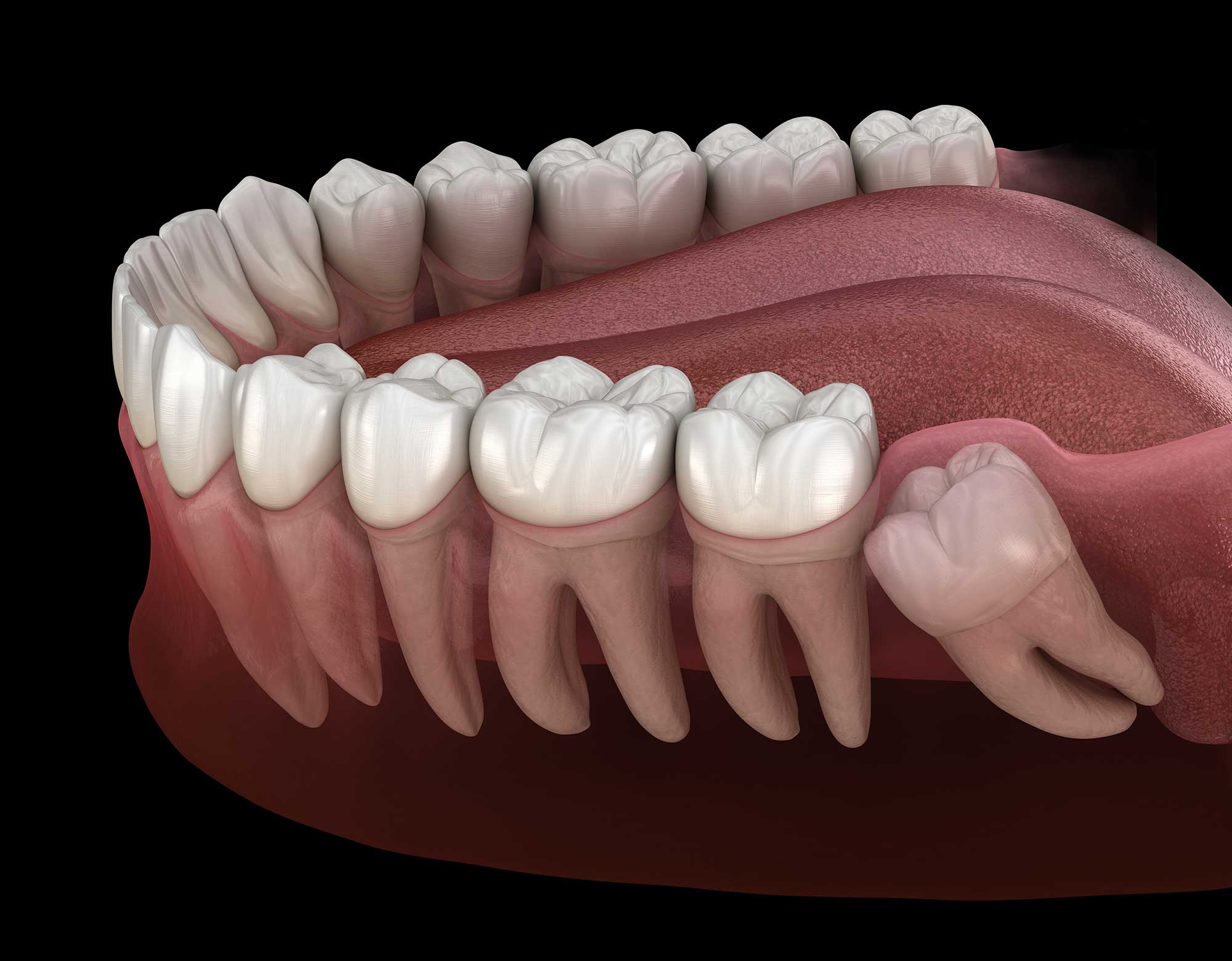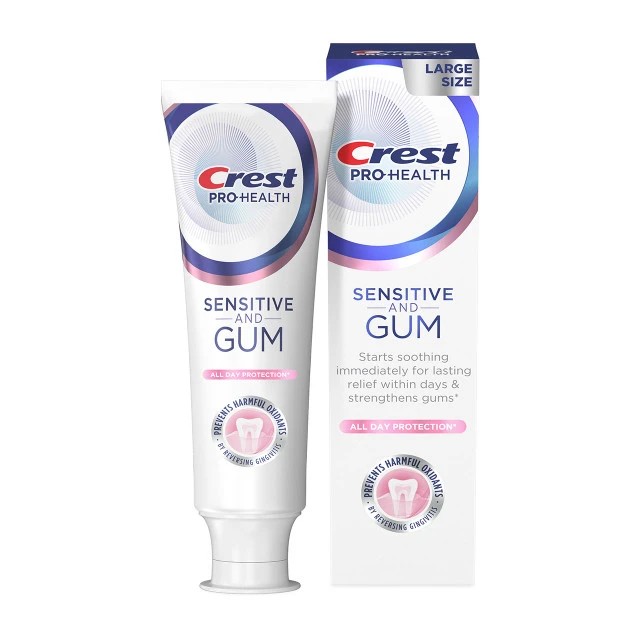Wisdom Teeth Pain: Symptoms, Causes, Remedies & Relief

Summary
Key Takeaways
- Wisdom teeth usually emerge between the ages of 17 and 25
- Wisdom teeth can cause pain due to a lack of space, impaction, or infection
- Common symptoms include jaw pain, swelling, headaches, and difficulty chewing
- At-home remedies can offer temporary relief, including saltwater rinses, cold compresses, and over-the-counter pain medications
- Dental intervention is often necessary if the pain persists or if a tooth is impacted or infected
- Regular dental checkups can help detect problems early and avoid severe complications
Table of Contents

This blog has been reviewed and approved by Dr Robert Lee, a dental professional of 35 years
LEARN MORE >Key Takeaways
What Are Wisdom Teeth?
Let's start with the basics. Wisdom teeth are your third set of molars—the ones farthest back in your mouth. Most people develop four of them, one in each corner. They typically emerge between the ages of 17 and 25, though for some people, one or more wisdom teeth may never develop, a condition known as being congenitally missing.
While these teeth once served a purpose when humans had larger jaws and ate rougher diets, today they often don't fit properly and can cause problems such as crowding the other teeth or becoming impacted. That's why wisdom teeth are frequently removed.
Common Symptoms of Wisdom Teeth Pain
Wisdom teeth pain can feel different for everyone, depending on how the teeth are growing and whether there’s an infection or impaction. Here are the most common symptoms:
1. Jaw Pain or Pressure
As the teeth push through the gums, they can cause pressure or a dull ache in the jaw, especially if there isn’t enough room.
2. Swelling and Redness
There is often swelling in the gums around the emerging tooth. The area might feel tender or look red and inflamed.
3. Headaches or Earaches
Because your jaw and facial nerves are connected, pain from wisdom teeth can radiate to your head or ears.
4. Bad Breath or Unpleasant Taste
Trapped food and bacteria around partially erupted teeth can cause bad breath or a foul taste in the mouth.
5. Difficulty Chewing or Opening the Mouth
If the pain worsens with movement, you may have an impacted or infected tooth that needs attention.
Common Causes of Wisdom Teeth Pain

Contrary to popular perception, not all wisdom teeth cause trouble. But when they do, it’s usually for one of the following reasons:
Impacted Teeth
When a tooth doesn't have enough space to erupt normally, it may become "impacted" and get stuck under the gum or grow sideways. The Cleveland Clinic says that impacted wisdom teeth are a common cause of jaw pain and can lead to infections or damage to nearby teeth.
Infection (Pericoronitis)
Partially erupted wisdom teeth can create a flap of gum tissue where bacteria and food debris accumulate. This can lead to a painful gum infection called pericoronitis.
Crowding
When there isn't enough room in the jaw, an erupting wisdom tooth can place pressure on the adjacent molar. While the link to significant crowding of front teeth is debated, this pressure can cause localized discomfort and may contribute to minor shifting of nearby teeth.
Tooth Decay
Because they're hard to reach with a toothbrush or floss, wisdom teeth are more prone to cavities, which can be painful and may require removal.
At-Home Remedies
While these remedies won't fix underlying dental problems, they can offer temporary relief:
• Saltwater Rinse
Mix a teaspoon of salt into a glass of warm water and swish it around your mouth for 30 seconds. This will help clean the area and reduce inflammation.
• Cold Compress
Applying an ice pack to the outside of your cheek can reduce swelling and numb the pain.
• Over-the-Counter Pain Relievers
Non-prescription medications like ibuprofen or acetaminophen can help manage pain and reduce inflammation. Always follow the directions and avoid taking more than the recommended dose.
• Clove Oil
Clove oil has natural numbing properties. Apply a small amount with a cotton swab to the sore area for relief. Just use it sparingly to avoid irritation.
• Hydration and Soft Foods
Stick to cool, soft foods like yogurt, smoothies, or mashed potatoes. Avoid anything too hot, crunchy, or spicy that might require strong chewing and aggravate the pain.
When to See a Dentist
Wisdom teeth pain that lasts more than a few days or gets worse instead of better should be checked by a dental professional. Are you noticing any of the following symptoms? If so, you should seek care as soon as possible.
- Are you suffering persistent or severe pain?
- Is there swelling that doesn't go down?
- Are there signs of infection or pus?
- Are you feeling feverish or chills?
- Is there difficulty in opening your mouth?
Your dentist may take an X-ray to determine whether the tooth is impacted or infected. In many cases, wisdom tooth removal is the best course of action. For example, wisdom teeth can place pressure on adjacent teeth, which may alter the bite. And as wisdom teeth roots continue to grow, they can lengthen and grow close to or impinge on important structures, such as the sensory nerve in the lower jaw or the sinus cavity.
Can Wisdom Teeth Pain Be Prevented?
You can’t always prevent wisdom teeth pain, especially if the teeth are impacted. However, regular dental checkups and X-rays can catch potential issues early, often before they even start causing pain. Your dentist can monitor your wisdom teeth and recommend preventive removal if problems seem likely.
Other preventive tips include maintaining good oral hygiene at home and flossing around the back molars. You should also avoid tobacco products (for this and many other reasons). And it’s important to see a dentist at the first sign of discomfort.
Summary
Wisdom teeth pain can range from mild discomfort to intense throbbing that interferes with your daily life. Wisdom teeth usually erupt in your late teens or early twenties, and may become impacted, infected, or crowded. This often leads to jaw pain, swelling, headaches, or chewing problems. Home remedies like saltwater rinses, cold compresses, and over-the-counter pain relievers can offer temporary help, but persistent or severe symptoms should be evaluated by a dentist. Wisdom tooth removal is a common and effective solution when complications arise. Regular dental checkups and X-rays can help identify and treat potential problems early before pain even becomes a problem. If you're dealing with ongoing pain or discomfort in the back of your mouth, don't ignore it, as pain from an impacted or infected tooth is unlikely to resolve on its own. Permanent pain relief will require the attention of a dental professional.
Wisdom Teeth: Caring for Your Final Molars
Wisdom teeth are the last teeth to finally make their appearance—often erupting in the late teens or early twenties. However, they are not without their complications. A wisdom tooth can become impacted (stuck) or only partially emerge. This can lead to oral discomfort and possible infections. A complete oral care routine at home can help you keep your wisdom teeth in check or support healing if they’re removed.
Here's your guide to caring for your smile pre- and post-wisdom teeth eruption or extraction:
- Brush 2X/day with an Oral-B iO Electric Toothbrush: Partially erupted wisdom teeth create a flap, or opening, in the gums that may accumulate plaque buildup. An electric toothbrush like the Oral-B iO can reach hard-to-clean areas of the mouth more effectively than a manual toothbrush to remove up to 100% more plaque.
- Pair It with an Oral-B iO Gentle Care Replacement Brush Head: Wisdom teeth can lead to sensitivity. Soft bristled toothbrush heads like the Oral-B iO Gentle Care are designed to gently clean more sensitive areas for a more comfortable brushing experience.
- Use a Crest Gum Toothpaste: Brush with a toothpaste like Crest Gum Detoxify, which is specially formulated to neutralize harmful plaque bacteria around the gumline. This is especially important for the gum tissue surrounding partially erupted teeth, which can be prone to inflammation.
- Enhance Your Flossing Routine: Use traditional string floss for cleaning between tight tooth contacts. Consider supplementing with an Oral-B Water Flosser to help flush food particles and plaque bacteria from hard-to-reach areas, especially from beneath the gum flap over a partially erupted wisdom tooth.
- Rinse with a Crest Antibacterial Mouthwash: Swish with an alcohol-free mouthwash like Crest Pro-Health Multi-Protection Rinse to kill 99% of germs that can cause plaque, gingivitis, and bad breath, without the burn of alcohol. (in laboratory tests)
By maintaining a complete oral care routine that consists of an electric toothbrush, targeted flossing, antibacterial rinse, and fluoride toothpaste you can help reduce the oral health risks that come with wisdom teeth and support the healing process if extraction is necessary. If you have any jaw discomfort, gum tenderness or visible swelling, consult your dental professional right away. Early assessment helps determine if wisdom tooth removal may be necessary to maintain a healthy, strong smile.
FAQs
-
What does wisdom teeth pain feel like?
-
How long does wisdom teeth pain last?
-
Can wisdom teeth cause jaw pain?
-
What helps with wisdom teeth pain?
Sources
- https://my.clevelandclinic.org/health/diseases/22296-impacted-wisdom-teeth
- https://www.mayoclinic.org/diseases-conditions/wisdom-teeth/symptoms-causes/syc-20373808
- https://www.ada.org/sitecore/content/ADA-Organization/ADA/MouthHealthy/home/all-topics-a-z/wisdom-teeth?sc_lang=en
- https://www.futureofpersonalhealth.com/oral-health/understanding-the-wisdom-behind-extracting-wisdom-teeth/
- https://myoms.org/what-we-do/wisdom-teeth-management/
- https://www.ada.org/sitecore/content/ADA-Organization/ADA/MouthHealthy/home/all-topics-a-z/wisdom-teeth
- https://www.betterhealth.vic.gov.au/health/conditionsandtreatments/wisdom-teeth
- https://www.mouthhealthy.org/all-topics-a-z/wisdom-teeth
- https://my.clevelandclinic.org/health/body/23223-wisdom-teeth
- https://www.dentalhealth.org/wisdom-teeth
- https://www.webmd.com/oral-health/wisdom-teeth
Grender, J., et al. (2022). A 12-Week Randomized Controlled Trial Comparing a Novel Electric Toothbrush With an Extra Gentle Brush Head to a Manual Toothbrush for Plaque and Gingivitis Reduction. Compendium of Continuing Education in Dentistry (Jamesburg, N.J. : 1995), 43(3), f20–f29.
Klukowska, M. A., et al. (2018). Subgingival uptake and retention of stannous fluoride from dentifrice: Gingival crevicular fluid concentrations in sulci post-brushing. American Journal of Dentistry, 31(4), 184–188. https://pubmed.ncbi.nlm.nih.gov/30106533/
Zou, Y., et al. (2024). A meta-analysis comparing toothbrush technologies on gingivitis and plaque. International Dental Journal, 74(1), 146-156. https://doi.org/10.1016/j.identj.2023.06.009
Table of Contents
- What Are Wisdom Teeth?
- Common Symptoms of Wisdom Teeth Pain
- Common Causes of Wisdom Teeth Pain
- At-Home Remedies
- When to See a Dentist
- Can Wisdom Teeth Pain Be Prevented?
- Summary
- Wisdom Teeth: Caring for Your Final Molars
-
- FAQs
- Sources

This blog has been reviewed and approved by Dr Robert Lee, a dental professional of 35 years
LEARN MORE >
Sign Up
for oral care tips, expert advise, and exclusive offers.



